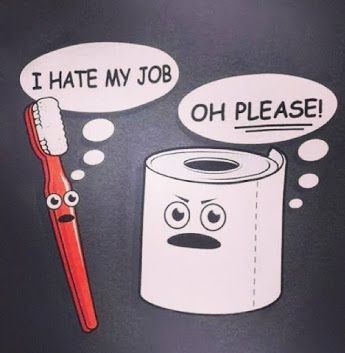- Joined
- Jul 15, 2009
- Messages
- 39,646
- Reaction score
- 29,705
Really? C'mon. You've had those people in an exam room: "I searched on google and my dog DEFINITELY has X. And no, I won't consider any other diagnostics. I just want the test for X." [As an addendum, the only thing more frustrating than a client doing that is when the client ends up being right.]
That's diagnosing. It might be a crappy job of it, but...... People do the same thing with their kids.
All I'm saying is.... if your argument is going to be "because parents do X, it must not be practicing medicine to do X" ... then diagnosing pathology is not practicing medicine because parents do it allllll the time.
I think practicing medicine is the diagnosis and treatment of disease by a trained medical professional. I think you probably would say that it's the diagnosis and treatment of disease by a doctor. That's fine.
But in my view... CVTs, RNs, EMTs, etc... are all practicing medicine. They all have different scopes of responsibility, obviously. In your view, only MDs and DVMs are practicing medicine, and everyone else is just implementing technical tasks. Just a subtle difference.
Of course I've dealt with those people but I don't consider it diagnosing. Sure, they think they are and maybe they get lucky and are right but I just don't consider that "practicing medicine". Saying that someone was able to google head cold and be right doesn't make them practicing medicine. Just like tossing a febrile kid some Tylenol isn't practicing medicine.
I do get where you are coming from but a CVT can't do anything without a DVM. They can't give medications without the proper directions from a DVM. I consider what they do emplementing medicine. They are an essential part of the process but they aren't actually practicing medicine themselves. Maybe I'm sticking too close to the legal definition but it does exist for a reason. There are certain things that are considered under the scope of practicing medicine and anyone without a proper license can be sued for doing those things.
It's part of the reason I decided to go to vet school and not stick with being a tech. I didn't want to be told give this, do that, draw this blood. I wanted to make the decisions and come up with the treatments myself; not just be handed what to do and when.
We'll just have to agree to disagree on this one. But I don't think it makes anyone snobby to say that vet techs don't practice medicine.


 +
+